All About Lyme Disease in Dogs
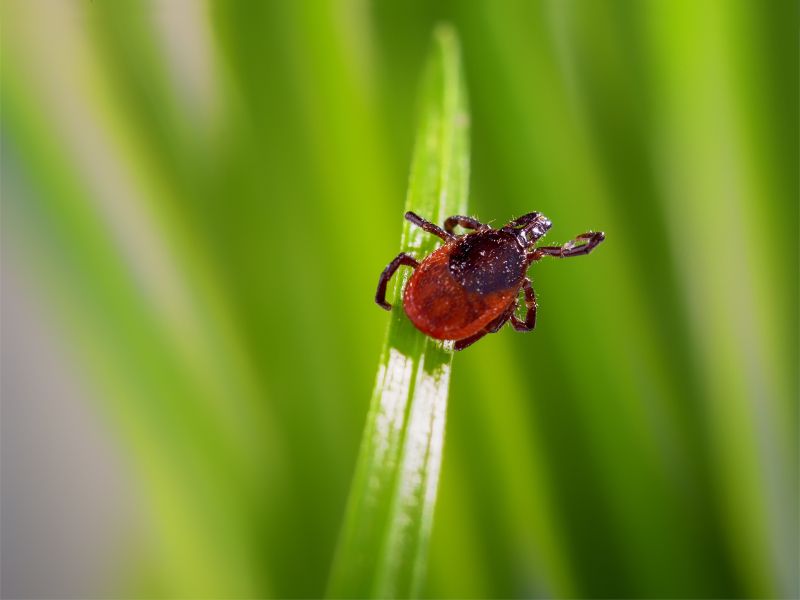
The arrival of spring brings with it plenty to be excited about – abundant sunshine, leaves on the trees, and relief from the endless winter, just to name a few.
Among the downsides of spring are the arrival of ticks, and here in the Northeast we have more than our fair share of these creepy crawlies to content with. Those of us with dogs know all too well how easy it is for our canine companions to pick up a hitchhiker or two after a walk or romp in the park.
It’s no secret that ticks can transmit a variety of diseases to people and pets, and Lyme disease is one of the most common, and most concerning. Preventing Lyme disease in dogs is critical to their long term health and well being, and fortunately it’s relatively simple!
Continue…The Challenges of Adding a Second Pet Are Usually Worth It

In a perfect world, we would have as many pets as our hearts desire and they would all get along. Sure, many animal cohabitants are open to new experiences and friends, and fluidly go with the flow of the household. Unfortunately, adapting to a routine change can be a hard-fought battle with far-reaching consequences for deeply territorial pets.
While it’s true that a peaceful, easy-going vibe is attainable in a home with multiple pets, adding a second pet must be done in a gentle, deliberate fashion.
Continue…The Big Reveal: All Creatures Veterinary Hospital’s Top 5 Pet Care Blogs of 2019

We all work hard throughout the year. Sure, we take summer vacations, or a few long weekends from time to time. But at the end of every calendar year it’s downright gratifying to look back at what we accomplished.
We feel very fortunate to be able to positively impact the health of the animals in our community. Part of our reflection includes a nod to our pet care blogs that proved to be the most interesting and relevant. With every click, scroll and share, our dedicated readers show they truly care about their pets, and with our mission of promoting animal welfare, we are inextricably linked.
Continue…Guide To Holiday Safety for Pets: From Hanukkah to Christmas and Beyond
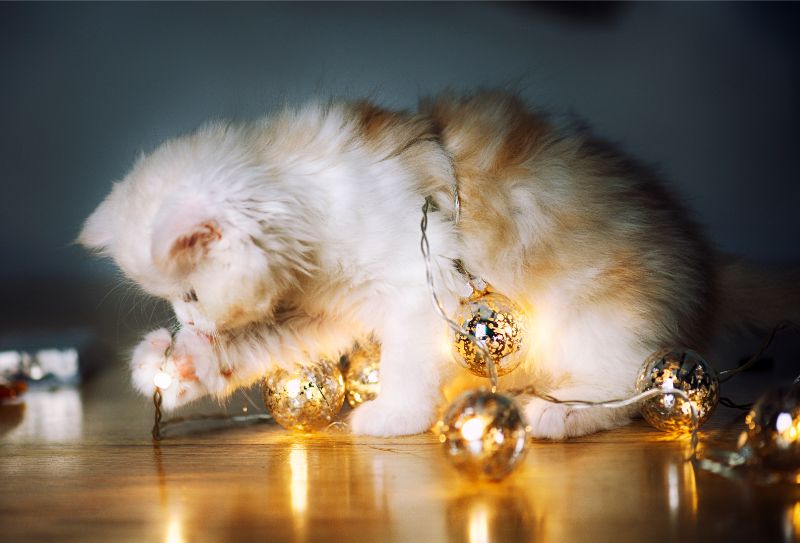
The holidays are here, a fact that has most Americans racing the aisles, planning delicious feasts, and getting ready for visitors and family gatherings. Some of us celebrate with the golden light of Hanukkah, some take pride in a perfect Christmas tree. And almost all of us celebrate New Year’s Eve with parties, fireworks, and lots of friends.
Unfortunately, the holidays pose some unique hazards for pets and are associated with some very common pet emergencies. We’ve gathered our time-tested holiday safety for pets tips to keep your furry friends safe and healthy all season long!
Continue…A Kitty Conundrum: Cats and Kidney Disease

Here at All Creatures Veterinary Hospital of Brooklyn, we are pretty impressed with the animal body. The complex workings and relationships between anatomy and physiology are truly incredible. When you really start to look at everything that goes into making a functional body, it’s amazing that things work flawlessly so very often.
The renal system is one of those complex body systems that our pets rely on for overall health. Sometimes, however, good kidneys go bad and problems arise. The feline species in particular is prone to trouble.
While cats and kidney disease are a common combination, that doesn’t mean there’s no hope.
Continue…Veterinary Hospital Lobby Safety & Etiquette
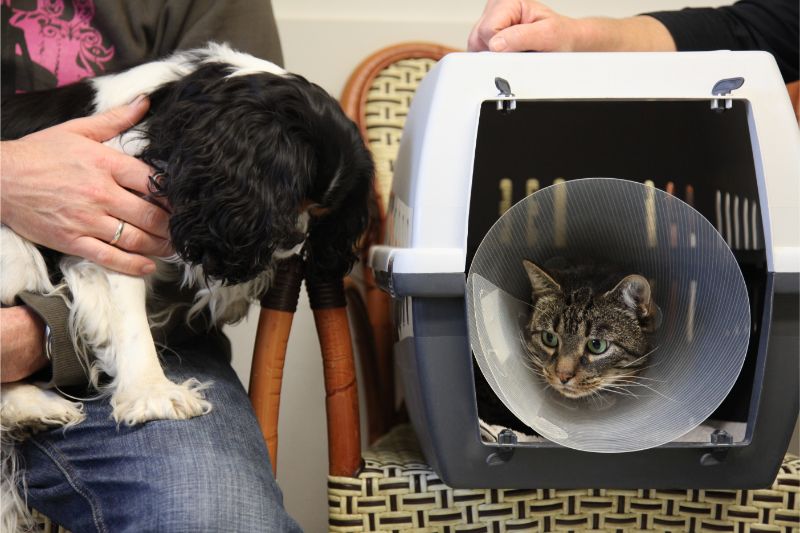
Whether it’s for a routine wellness exam, acupuncture, or emergency, we value the time and effort it takes to bring a pet in (and we know it’s not always easy!). As such, we do our best to limit wait times in our lobby and exam rooms, but sometimes pets and their people have a few moments to visit with others, explore the lobby, and visit with our friendly staff.
Veterinary hospital lobby safety is important to us at All Creatures Veterinary Hospital of Brooklyn, and we hope that the following tips can make your next visit as enjoyable as possible.
Continue…Keep Them Healthy! Routine Pet Blood Work and Wellness Exams
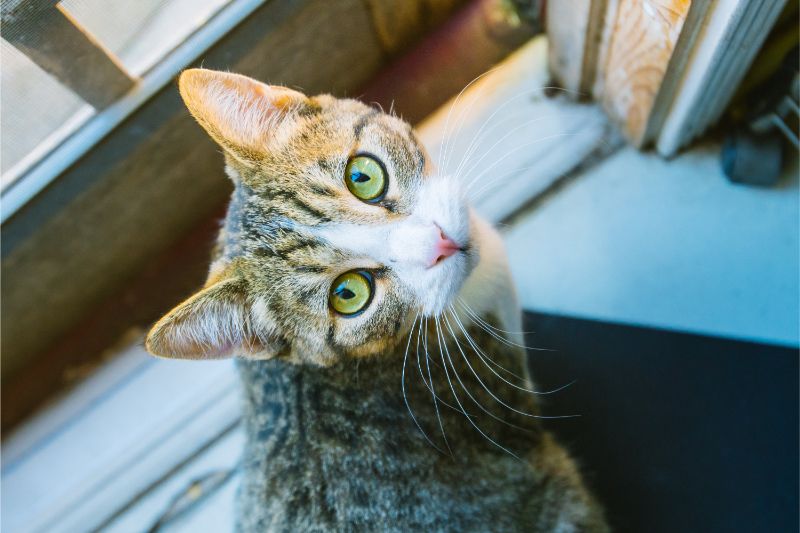
Your pet seems healthy, and has never had any health problems before, so why do we suggest routine blood work at their annual wellness examinations? Although it may sound simple to rely on your pet’s behavior to tell whether or not they’re sick, the truth is that pets are hard-wired to hide signs of illness or injury.
Pet blood work, along with regular wellness exams, is the key to detecting hidden health problems in your pet and nipping them in the bud before they become more serious.
Continue…My Dog Eats Poop – Help!

Dogs have some pretty endearing habits, but eating poop (either their own or another animals’) is not one of them. Although the behavior is mostly normal, no one wants their dog to raid the litter box or gulp down a stinky snack from the yard or sidewalk.
At All Creatures Veterinary Hospital, we are often asked the question “Why do dogs eat poop?”. Although there is no one answer, we can offer some insight into this unpleasant culinary choice.
Why Do Dogs Eat Poop?
Poop-eating, technically known as coprophagia, may be normal, but that doesn’t make it any less upsetting. Watching your sweet pup happily gobble down their own feces or the feces of other animals can be an unpleasant shock to witness.
Ancestrally, however, coprophagia served an important role – collective poop eating kept the den clean, and mother dogs and wolves routinely clean up after their puppies in this way.
Your Go-To Guide: Pet Acupuncture (and Why Your Pet Will Thank You!)
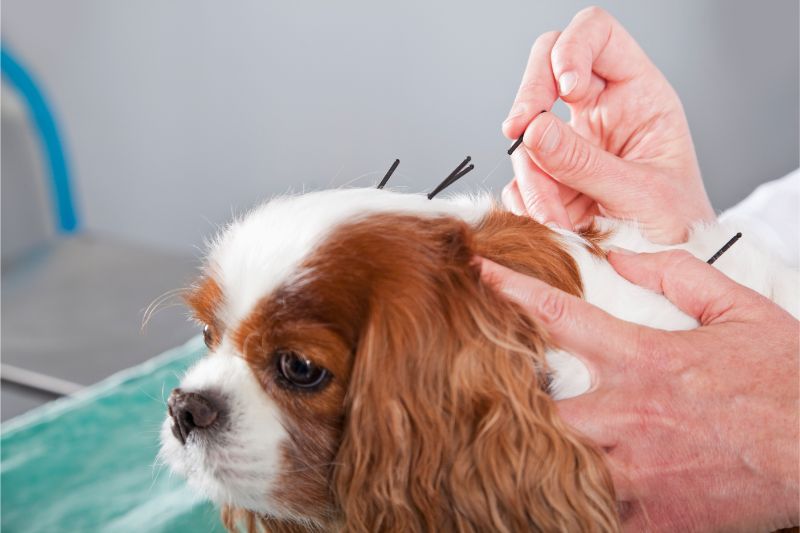
For most problems facing a sick or injured pet, there are usually various ways to treat them. Without a doubt, veterinary medicine has come a very long way in the recent past. However, one of the most effective treatments is, perhaps not surprisingly, one of the oldest modalities for people and pets alike – acupuncture!
Acupuncture is not new to the western world, and yet, employing it on sick or injured pets is relatively novel in the U.S. If you’ve ever wondered about the numerous benefits associated with pet acupuncture, we are here to help you.
Continue…This, Summer, Don’t Let Pet Noise Anxiety Surprise You

Before small children understand that fireworks were designed to entertain and awe, they are often scared. With language, conditioning, and ongoing positive experiences, kids learn as they grow that fireworks are enjoyable and help us celebrate Independence Day, New Year’s and more.
Pets, on the other hand, don’t come equipped with the knowledge that fireworks (and other loud, jarring, unpredictable noises) won’t harm them. When they feel threatened by loud noises, like thunderstorms, construction sounds, etc., frightened pets either hide or flee. Especially for city-dwelling pets, it can seem impossible to shield them from the hustle and bustle that can lead to anxiety symptoms.
To prevent the dangerous and sometimes painful side effects of pet noise anxiety, we’ve got some tips to help you through the summer.
Continue…
